
The skills-based hiring hub
Become a skills-led organisation more easily than ever before. We’ve analysed dozens of resources and definitions, to create this comprehensive guide on how skills-based hiring can help your business. Explore all the essential information in one place, tailored for you and your teams.

What is skills based hiring?
Skills-based hiring is a recruitment strategy that focuses on selecting candidates based on their demonstrated skills rather than traditional qualifications like experience or education. This approach values soft skills such as adaptability and problem-solving, aiming to match candidates' abilities with job requirements.
As Josh Bersin ponders, is skills-based hiring just hiring people who’ve performed a certain skill “100 times before”? Or is it something else entirely?

At Arctic Shores, we believe that skills-based hiring means assessing and selecting candidates based on whether they have and can demonstrate the relevant skills for the job –– instead of using experience or education as an indicator of job suitability. While some people might jump to assuming skills-based hiring means solely hiring people based on their hard-skills –– like a person’s ability to code –– many people choose to anchor their skills-based hiring approach in assessing soft-skills –– like a person’s resilience or learning agility.

This is because hard-skills date quickly and must be constantly refreshed. Most hard-skills have a shelf-life of two and a half years or less. In today’s world of work, we need employees to be able to learn, unlearn, and relearn new skills in a continuous cycle. That’s why many companies are pushing towards selecting based on soft-skills –– because without them, it’s impossible to keep your hard-skills up-to-date.
“So much of success is based on ambition, learning agility, culture fit, and alignment with purpose”
Hiring for Skill-enablers™
Simplify skills-based hiring, and find candidates who will thrive in the AI-enabled workplace, where role requirements change faster than ever.
Hiring for skill-enablers™ is the only way to predict candidates’ potential to continuously adapt, grow, and acquire new skills, and they’re based on decade’s worth of innovation and billions of data points captured (including data on subsequent workplace performance); as well as comprehensive industry analysis on predictions about future workforce requirements.
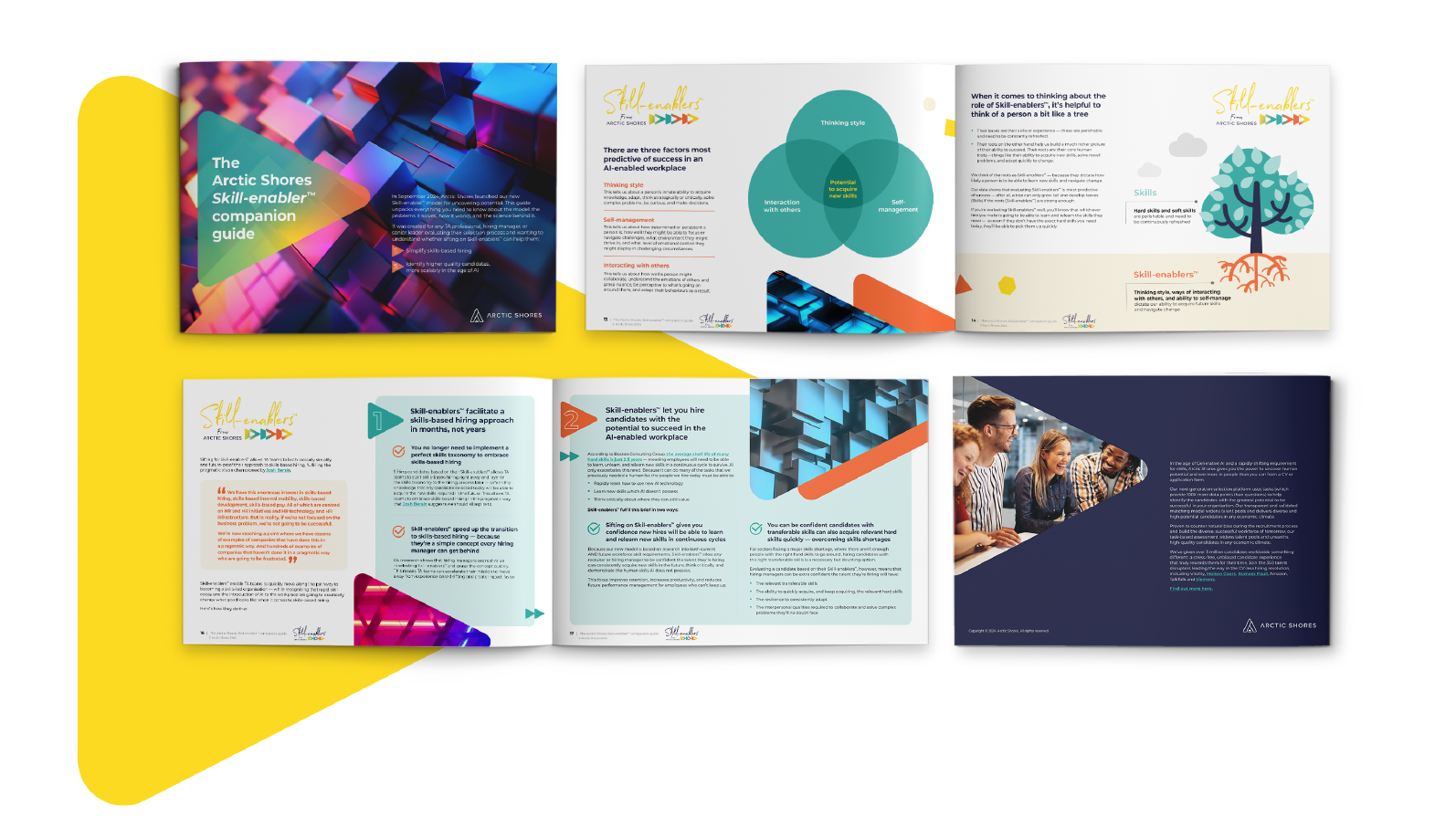
Skill-enablers™ support TA leaders and hiring managers by simplifying skills-based hiring
Sifting for Skill-enablers™ allows TA teams to both radically simplify and future-proof their approach to skills-based hiring in the AI workplace, by fulfilling the pragmatic vision championed by Josh Bersin.
Skill-enablers™ enable TA teams to quickly move along the pathway to becoming a skills-led organisation –– while recognising that rapid skill decay and the introduction of AI to the workplace are going to drastically change what good looks like when it comes to skills-based hiring.
The benefits of skills-based hiring
For today’s recruiters, the challenges are well-documented. Skills shortages. Difficulty achieving diversity targets despite significant effort. Reducing time and cost to hire. And that was before candidate use of GenAI flipped talent acquisition on its head –– driving up the volume of seemingly personalised and high-quality applications, but down the quality of candidates at interview or assessment centres as candidates’ authentic qualities are revealed. Today, there’s one solution TA teams are hailing as the answer to all of these challenges. But what are the proven benefits of skill based recruitment?


Improve overall candidate quality

Improve speed to competency

How Molson Coors adopted a pioneering approach to accelerate DEI mission
Head of Talent Acquisition at Molson Coors, Joe Sidley had overseen multiple initiatives to make hiring more inclusive. Bias workshops, gender decoding, blind CVs – they’d done it all and already moved the dial on inclusion. Molson Coors’s foundational value is ‘putting people first’.
But, to truly live up to that value, Joe wanted to do more. He wanted to try something truly innovative and push the boundaries of what an inclusive and equitable hiring process could look like across the UK and Ireland.
Find out how Molson Coors had 75% female representation at interview stage, 100% increase in applications and an 800%+ increase in candidate satisfaction.
Research backed benefits of skills based hiring
more application volume
better quality of candidates
reduction in attrition

Up to 10x more application volume
McKinsey research suggests skills-based hiring can quadruple application numbers. LinkedIn’s own data indicates that skills-based hiring can multiply applications received by a factor of ten. And this makes sense. When you remove the educational barrier (sometimes called the ‘Paper Ceiling’) and see beyond experience, you’ll naturally open up your process to more candidates.
Siemens increased application volume by 542% for their Project Engineer roles and were able to fill a role they’d previously had open for over 200 days in just 41. Siemens saw a 50/50 gender split at its shortlist stage, despite operating in an industry where only 16% of employees are female. LinkedIn’s research confirms that a skills-first approach increased the number of women hired in typically male-dominated roles by 24%.

Up to 5x better candidates than hiring for education
Established research suggests that hiring for skills is up to five times more predictive of job performance than hiring based on education level, and twice as predictive as hiring for experience. In our work with the Essex Fire & Rescue Service, 100% of the hires they made when screening for skills (which indicated their potential to succeed in a role) went on to pass their apprenticeship.
So a skills-first hiring approach won’t just expand your talent pools. It will fundamentally improve them too.

Reduce attrition by up to 40%
2022 research from Deloitte shows that two-thirds of employees would sooner work for organisations that value them for their skills. Meanwhile, nearly 60% felt their current organisations valued experience and degrees over skills and potential.
This shows that there’s an opportunity for employers who put potential first – to both hire better people and earn their loyalty. RSA proves this point. When they dropped the CV requirement, hired for potential instead, and assessed for soft-skills, they reduced new hire attrition by 40%. They saw a 20% acceleration in speed to competency (reduced from 9 months to 11 months) and a significant proportion of their new hires progressed quickly into leadership roles.
.png?width=1080&height=1080&name=Quote_Jon%20Turner%20(2).png)
How Siemens used skills-based hiring to solve their skills crisis
Siemens is a global engineering and technology company transforming the world with purpose by combining the real and the digital worlds in addressing some of the world's biggest challenges.
The Siemens team wanted to do things differently and came to Arctic Shores to improve the hiring process for several business-critical Project Engineer roles. They had multiple vacancies for this type of role –– some of which had been open for over 200 days.
Find out how they increased applications by 542%, ended up with 50% female candidates at the final stage and saved 242 hours of manual screening.

Alternative definitions of skills based hiring
Some companies choose to use the term ‘skills-first hiring’ –– which means evaluating soft skills first before looking at experience. For example, for a senior hire, you’re going to want to know they have some experience in the types of situations they might come across in their role.
Some companies are also big fans of the phrase hiring for potential. This indicates that in roles that are hard-to-fill and facing major talent shortages, or for Early Careers roles where most candidates won’t have any experience, you’re putting emphasis on a candidate’s future-potential to succeed based on their skills, rather than past experience. After all, past experience does not always predict future success. In essence, both mean more or less the same thing - depending on the objective and mindset shift you want to achieve internally.
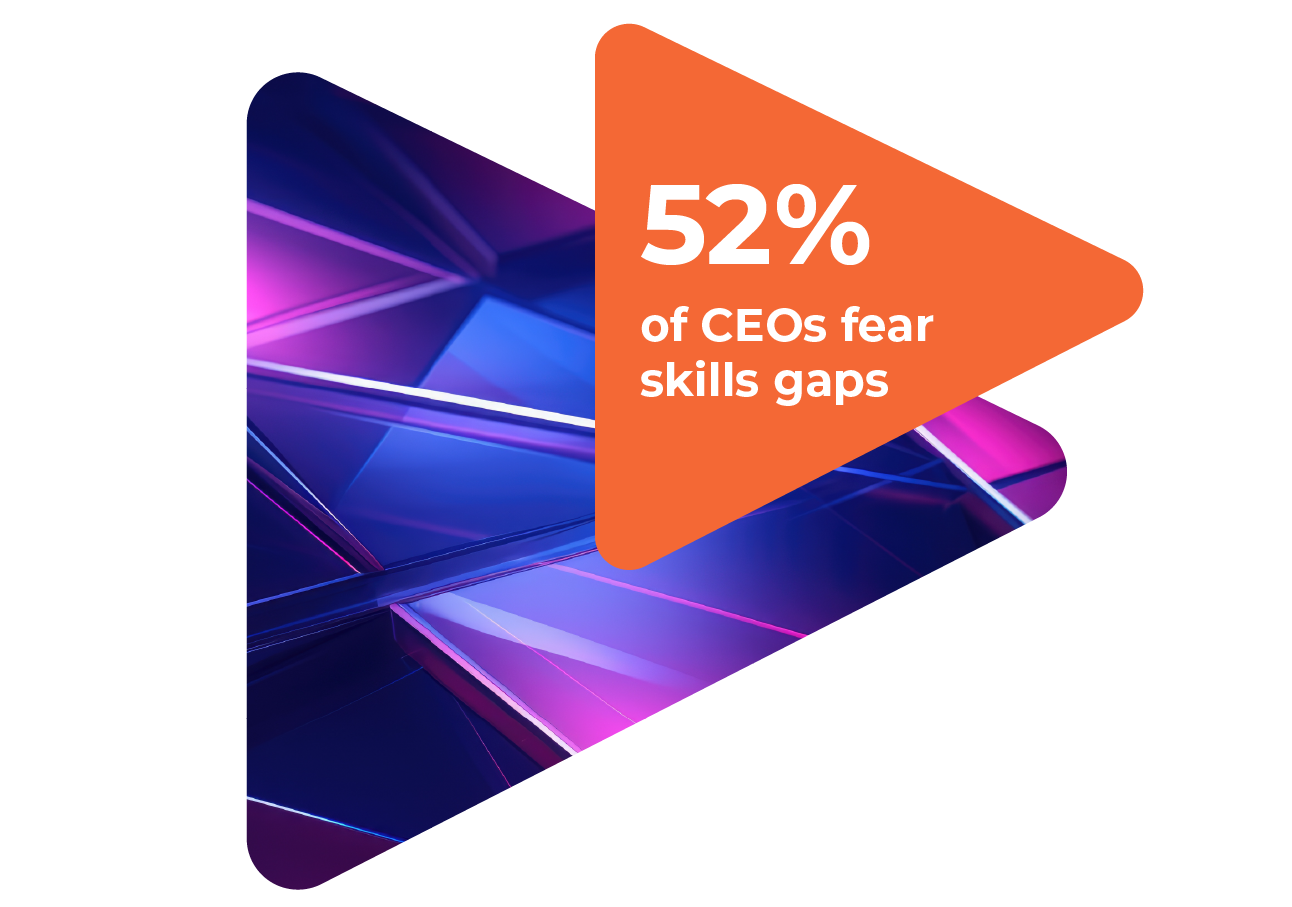
The problems skills-based hiring helps to solve
If you’re already convinced of the benefits of skills based hiring, you might want to check out our CV-less hiring playbook which sets out a practical methodology for how to embed skills-based hiring in your organisation.
But if you’re looking for a recap of the main problems skills-based hiring helps to solve either to help you build a robust business case for your colleagues or because you’re personally intrigued, you might want to keep reading for just a couple more minutes.
So why is skill based hiring important? By now, you’ve probably seen enough ‘new normals’ to know that the world of work –– and the world of assessment and selection –– are constantly changing.
And the pace of change isn’t slowing down. The World Economic Forum expects new technology to create 97m “jobs of the future” by 2025. Meanwhile, 52% of CEOs fear skills gaps will hurt profitability.

It appears that the world of work stands on yet another precipice with:
- Millions of new roles, in which nobody will have direct experience
- An outmoded hiring system, built to source new talent based on experience, not skills without accounting for the fact that the skills employees need to succeed are constantly changing
- AI-enabled candidates, making it harder to truly assess a person’s ability to succeed in a role and potentially make it even harder to hire diverse talent
This is what our psychometric testing style system helps to address, taking an innovative approach to skills based recruiting.
Join 150+ leading employers uncovering true potential with UNA
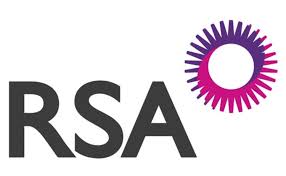
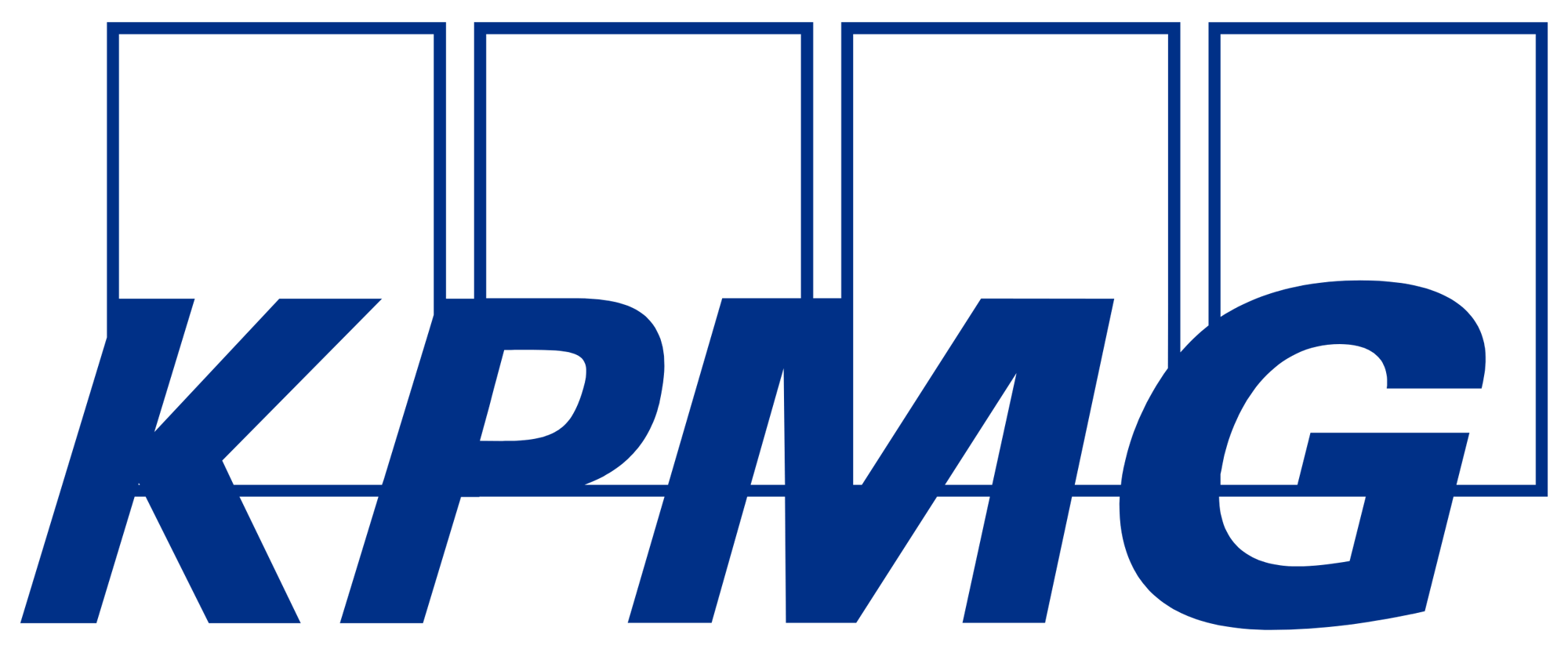
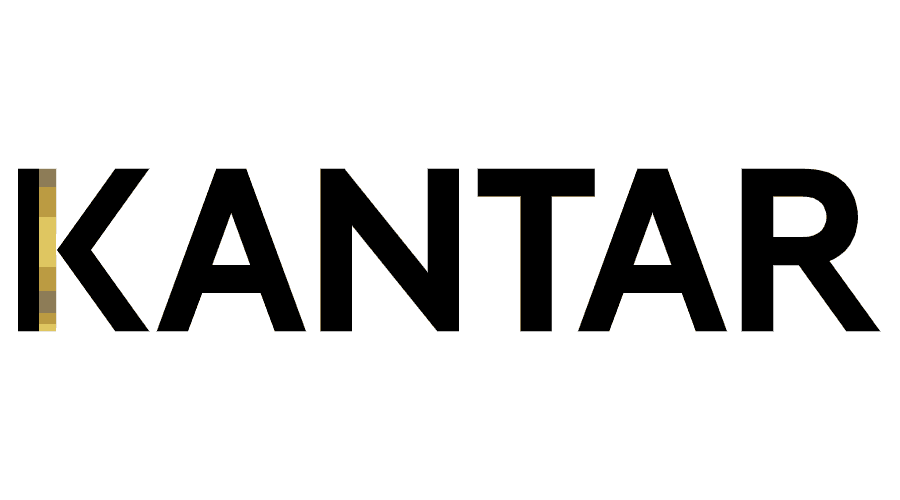
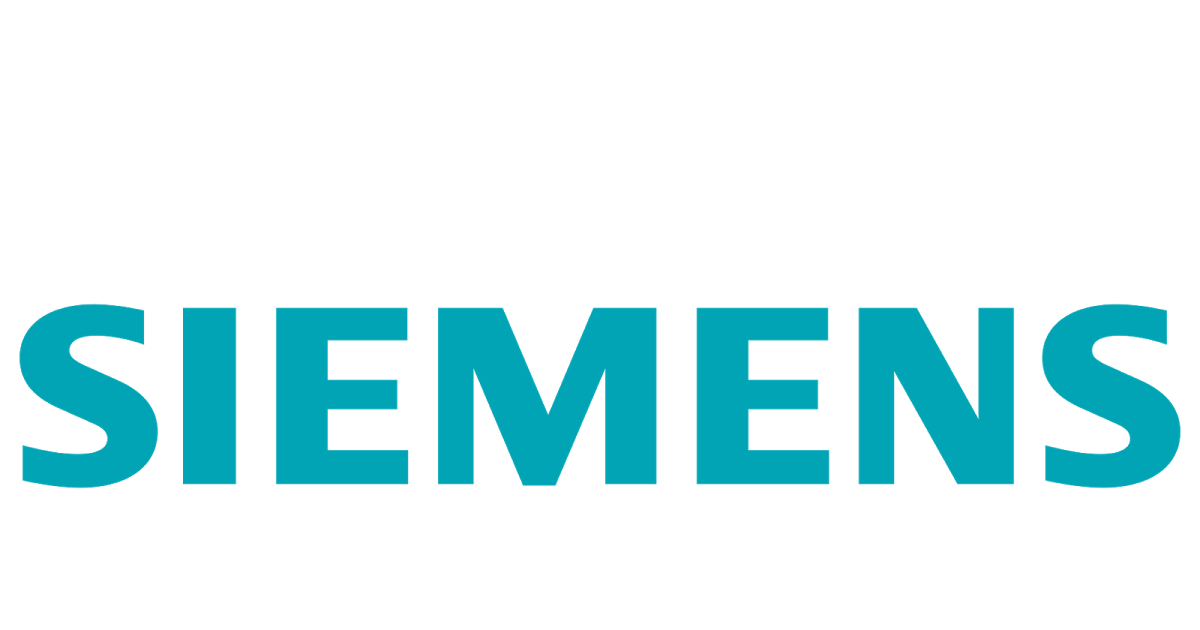






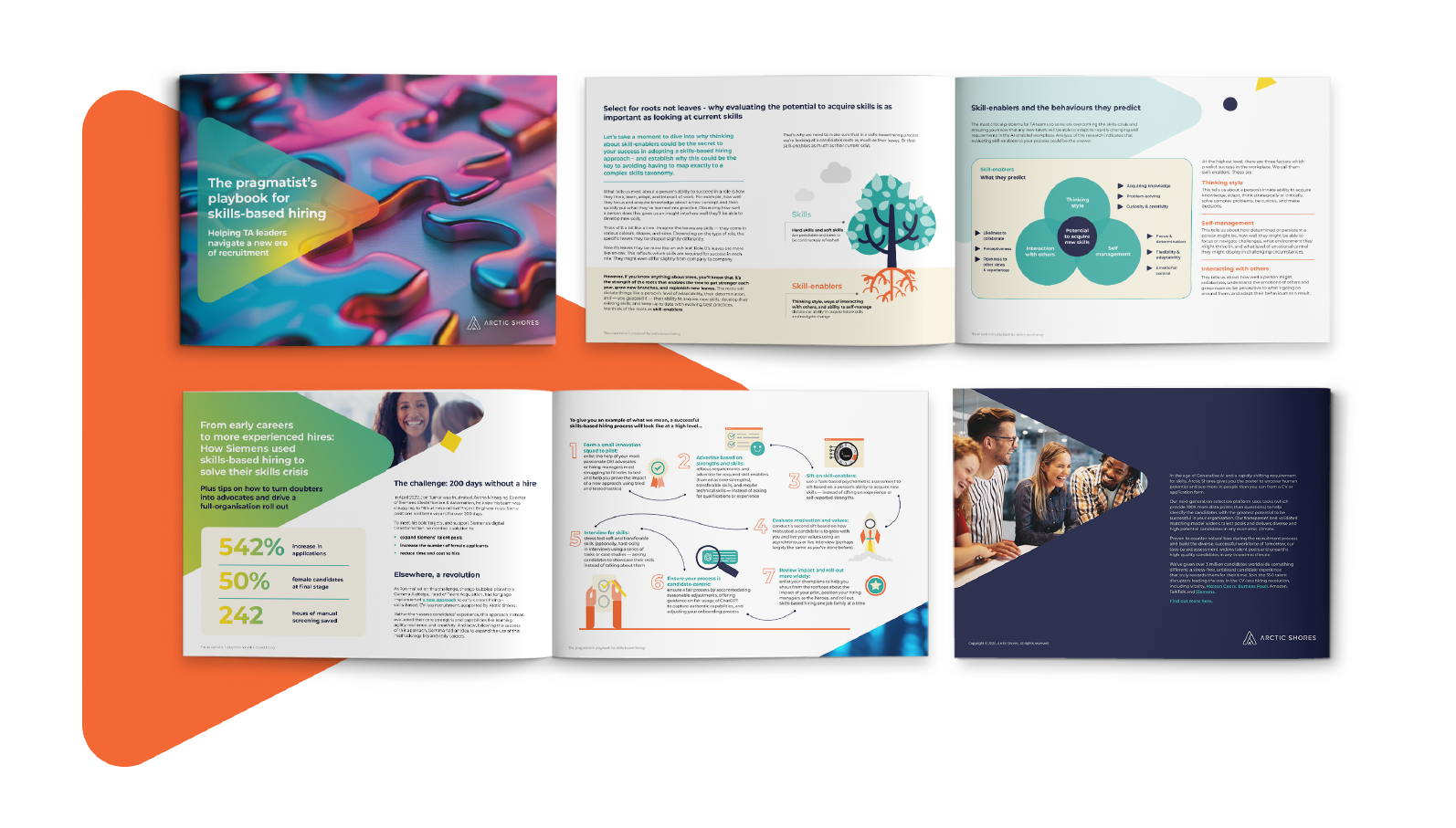
The pragmatist’s playbook for skills-based hiring: helping TA leaders navigate a new era of recruitment
We’ve combined a decade’s worth of our own experience in helping companies move away from experience-based hiring and towards potential-focused hiring, with advice from disruptive TA leaders at the forefront of our industry, to bring you the most practical, pragmatic playbook on skills-based hiring published to date.
This playbook is designed to give you research-backed, practical, validated advice curated from the likes of Siemens, Molson Coors, the Department of Education, and many more.
The TA Disruptors Podcast
This podcast is designed for disruptive Talent Acquisition leaders who want to get ahead. For the innovators, the movers and shakers, and the TA leaders who will survive and thrive in this new era by moving quickly to future-proof their recruitment processes TA leaders are some of the hardest-working folks we know, so even if you’re overworked or overwhelmed, we’ll help you keep up.







